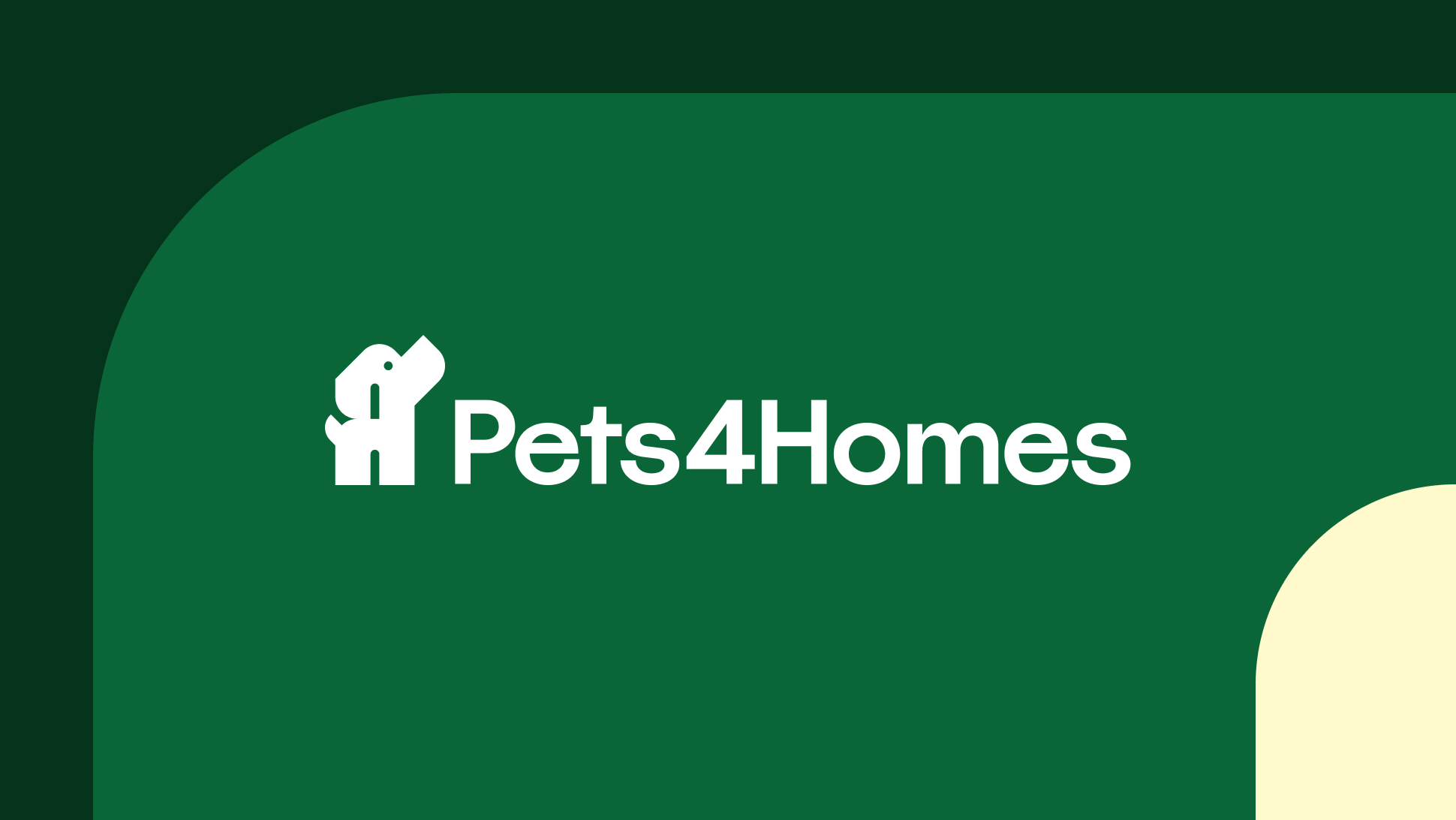
Dealing with a dog that behaves oddly when you get intimate with someone
Many dogs are apt to behave rather oddly if they see you kissing or hugging someone, or cuddling up on the sofa with your significant other. This can range from acting out in destructive ways such as urinating in the house or destroying the furniture, to actually trying to physically come between you and your partner, or even behaving aggressively!
If your dog falls into the above category and seems to go out of their way to make life difficult or uncomfortable for you and your partner, there are a multitude of potential reasons behind this.
Read on to learn about some of the main causes for your dog behaving oddly when you come into physical contact with another person.
Viewing things through your dog’s eyes
It is important to view the events leading up to your dog acting out and how they manifest their negative behaviours through the eyes of your dog, and not yourself! The first thought that often comes to the dog owner’s mind when their dog starts being a pain in this situation is that the dog is jealous and simply wants some attention of their own, and in some cases, this is certainly true. However, it is not the only potential reason behind odd behaviour when you behave intimately with another person, and we will look in more detail at some of the other potential reasons below.
Misunderstandings
Your dog may not be used to seeing you sitting in close quarters with someone else or physically touching them, and as dogs do not hug or kiss in greeting, this type of human behaviour can be hard for your dog to decode!
If your dog is apt to try to wriggle themselves in-between you and your partner or otherwise make themselves the focus of attention or literally do what they can to physically separate you, this is not necessarily a simple manifestation of jealousy, but may be your dog’s way of letting you know that they don’t know what is happening, and that this makes them uncomfortable.
By attempting to physically split you up from being in close quarters to each other, your dog may be attempting to calm down a situation that they do not understand, rather than trying to make themselves the centre of attention.
Attention seeking
On the other hand, your dog may well be attention seeking, and not like the thought of someone else getting some attention when you could be giving it to them! If your dog wants a hug, or thinks that you’re playing something that they want in on, they might again try to get themselves in the middle of things, or paw at you, jump at you, and otherwise do what they can to divert your attention onto them, and get you to play!
Curiosity
If your behaviour is outside of the range of experience that your dog is used to seeing from you, the fact that you are apparently playing a game of Twister with someone on the sofa is sure to catch your dog’s attention, and get them to look your way!
While it is of course fairly unnerving to find that your dog is staring at you while you are kissing someone, your dog is probably not trying to kill the mood; they are just wondering what you are up to!
Overprotective traits
Many dogs are somewhat possessive of their owner or favourite member of the household, and will make it their duty to safeguard you and try to keep you from harm. If your dog is not used to the presence of your guest or is generally aloof with strangers and take a while to warm up to newcomers, they might be demonstrating protective traits in a situation that they do not understand because someone is touching their favourite human.
What to do next
Once you have established the cause of your dog’s strange behaviour, you will obviously be keen to address it, rather than relegating your dog to another room any time that you hug someone! How you go about this will depend on what exactly is causing your dog to act out, and finding out the most viable reason or reasons behind it will go a long way towards helping you to know how to deal with the problem.
If your dog is wary or protective of you, spending plenty of time getting them used to the newcomer will help, as will allowing your dog to build their own relationship with the person in question so that they accept them as part of their pack.
If your dog is attention seeking, make sure that they have plenty of things to play with and that they are not overly excited due to a lack of stimulation, and ignore them when their behaviour is inappropriate.



